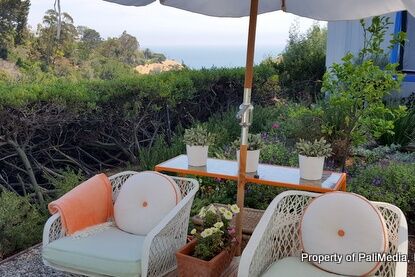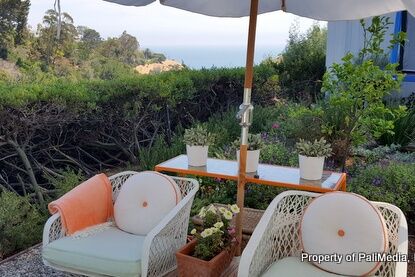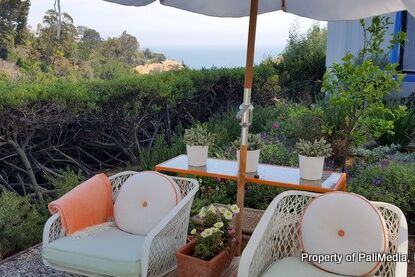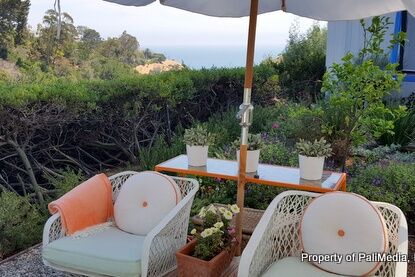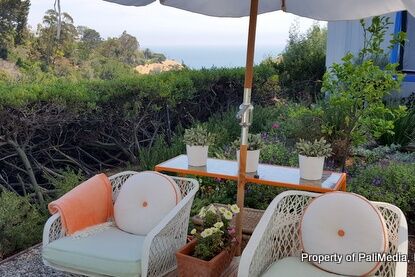Comedy’s New Reigning Queen: Debi Gutierrez
Before comedian Debi Gutierrez landed hot spots on Showtime, HBO, NBC and CBS, and before she hosted the popular parenting show called “A Place of Our Own” on KCET in California, Debi was a public school educator for sixteen years.
"I really depended on my sense of humor when teaching high school," the Mexican-American mother of three remembers. "On tests, I'd include jokes like, 'Who's your favorite teacher? And list my name for options A, B, C and D!"
Her stand-up may have started in a classroom, but today she's a star comic garnering large followings at L.A.'s top comedy clubs. Gutierrez recently shared some insights with us on how humor can be used to diffuse tense moments and improve marriages:
You Could Cut the Tension with a Laugh: "Having a sense of humor and warmly accepting the playfulness of others gets us through anything! If I can get you to laugh, I can get you to listen. If I can get you to listen, I can get you to learn."
What Women (and Men) Want: "My act has been called 'blame-free couples counseling'! I am not going to make a bad marriage better, but I believe I can make a good marriage better for an evening. I explain to women that we are nothing like men and show them how to recognize a man's love language. During my act I actually see couples getting physically closer. It's no marriage seminar, mind you. It is rowdy, bawdy and even naughty!"
Get a copy of the comedy queen’s hit show, “He's Not Your Girlfriend,” at MommyComic.com.


